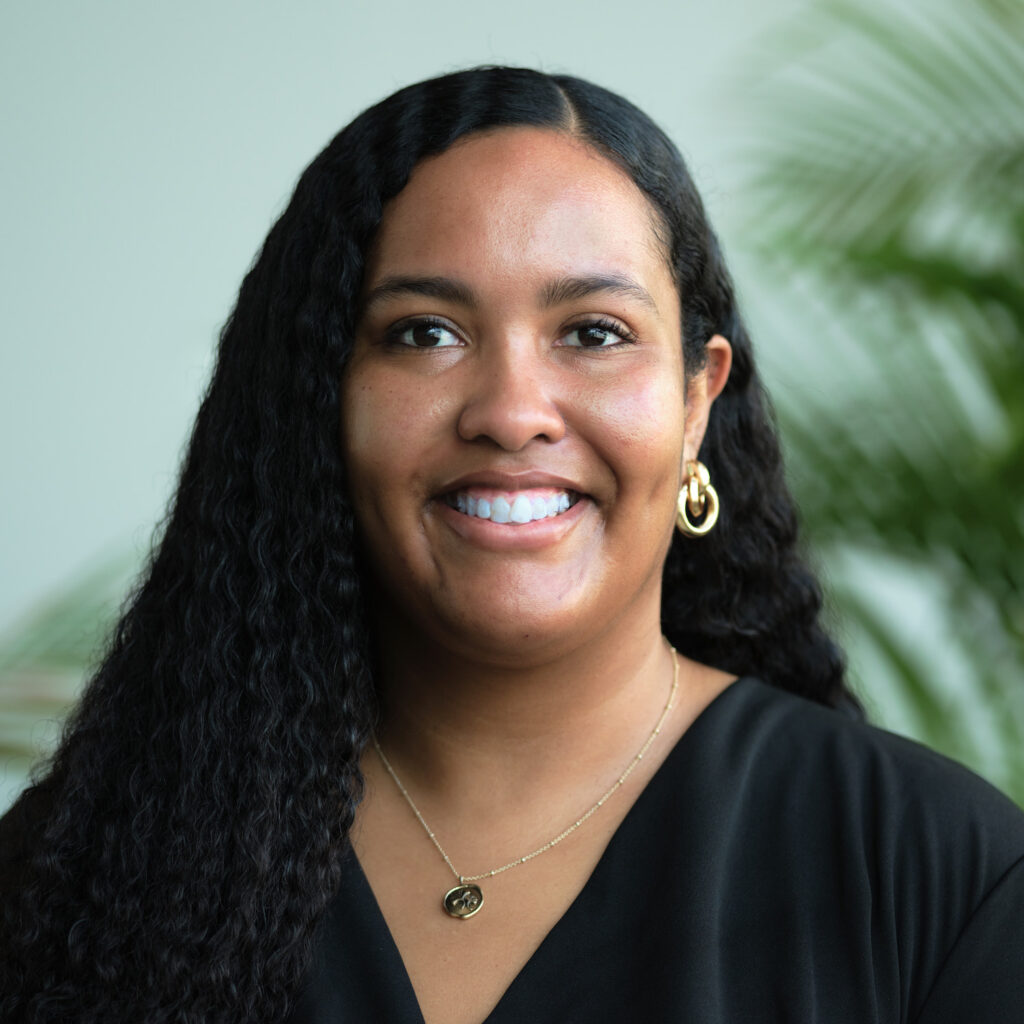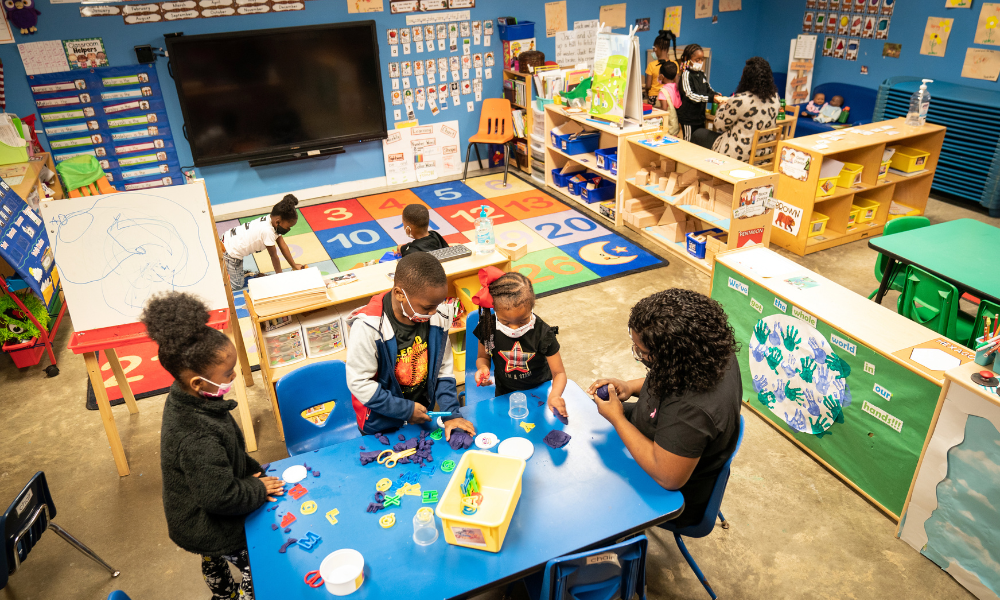Editor’s Note: This post is the first in an ongoing series of posts dedicated to early education policy in Mississippi.
***

By Micayla Tatum I Director of Early Childhood Policy
This past summer, the W.K. Kellogg Foundation, Mississippi First, and other partners convened early childhood providers and advocates with the goal of centering provider voices in creating a set of recommendations to guide the Mississippi Department of Human Services (DHS) in its development and implementation of a new quality support system1 for early education providers.
Participants in the process served on one of three teams–a convening team, an advisory team, and a recommendations team–that worked together to understand the past and current context of Mississippi’s early education landscape. The convening team; composed of representatives from the non-profit, research, and consulting fields; planned, coordinated, and synthesized the work of the advisory and recommendations teams. The advisory team contained diverse perspectives from the government, non-profit, research, and childcare worlds and provided historical knowledge on the state’s involvement in early education. The recommendations team provided the experience, expertise, and firsthand knowledge of early education practitioners.
Including provider voice in the process of creating a quality system from the ground up was historic in Mississippi. Previous iterations of quality systems in the state, and around the country, were created without significant input from the communities that they would most impact. The structure of this process shifted that narrative and set the tone for a future in which stakeholders and decision makers work in tandem to create sustainable systems.
The wealth of knowledge providers brought to the work helped them articulate a powerful vision for this new system that focused on children, families, and provider’s needs. This vision shaped the recommendations and can be found in the team’s report, Child Care Providers for a New Mississippi Child Care Quality Support System. These incredible recommendations showcase that providers took a holistic approach to envisioning a new early learning system, the most notable being:
Working alongside these providers as they crafted a new vision for the state of Mississippi was an incredible honor. The providers we entrust our children to are world-class and deserve a system that will help them maintain and grow their high-quality offerings. The diverse stakeholders on each team collaborated even though they sometimes represented conflicting perspectives and interests. Despite these different viewpoints, everyone worked together for the good of their local communities and also the state. Continuing this spirit of collaboration, mutual understanding, and respect will help move the early learning community forward.
1 Previous iterations of quality support systems were referred to as Quality Rating and Improvement Systems or Quality Improvement Systems. These past systems were controversial, in part because they did not acknowledge and value the vital work of early education providers. New versions reflect a new focus on supporting early education providers rather than rating them.

